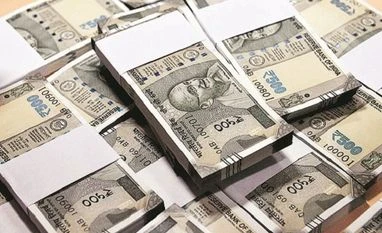The import cover (on total reserves minus gold) is better than what is seen during the 2013 taper tantrum, said DBS in its report on Indian economy.
Taper tantrum is the term used to refer to the 2013 surge in the US Treasury yields, which resulted from the Federal Reserve's use of tapering to gradually reduce the amount of money it was feeding into the economy. It had sent the rupee reeling.
More From This Section
The record high reserve of USD 402.5 billion in September 2017 is a long way since reserves bottomed out at USD 275 billion in August 2013, at the worst point of the Fed taper tantrum, it pointed out.
Compared to its peers in Asia ex-Japan, India's foreign reserves rose the most since the taper tantrum, noted the Singapore-based bank.
The stock has increased on the back of strong foreign portfolio inflows, net investment flows and a narrower current account deficit.
"Beyond the strong year-to-date jump, we expect the pace of reserves accumulation to moderate due to slower incremental portfolio flows and wider current account deficit," the bank said.
Any deterioration in the global risk-appetite will also require the authorities to dip into reserves to defend against market volatility, according to the DBS.
Incremental dollar inflows are likely to ease after a strong first half of this year, and foreign portfolio inflows have moderated in the second half.
From a monthly average of USD 3.8 billion in the first half of the year, the total inflows thinned to USD 0.4 billion in August 2017 and turned to net outflows of USD 1.5 billion in September 2017, it observed.
)